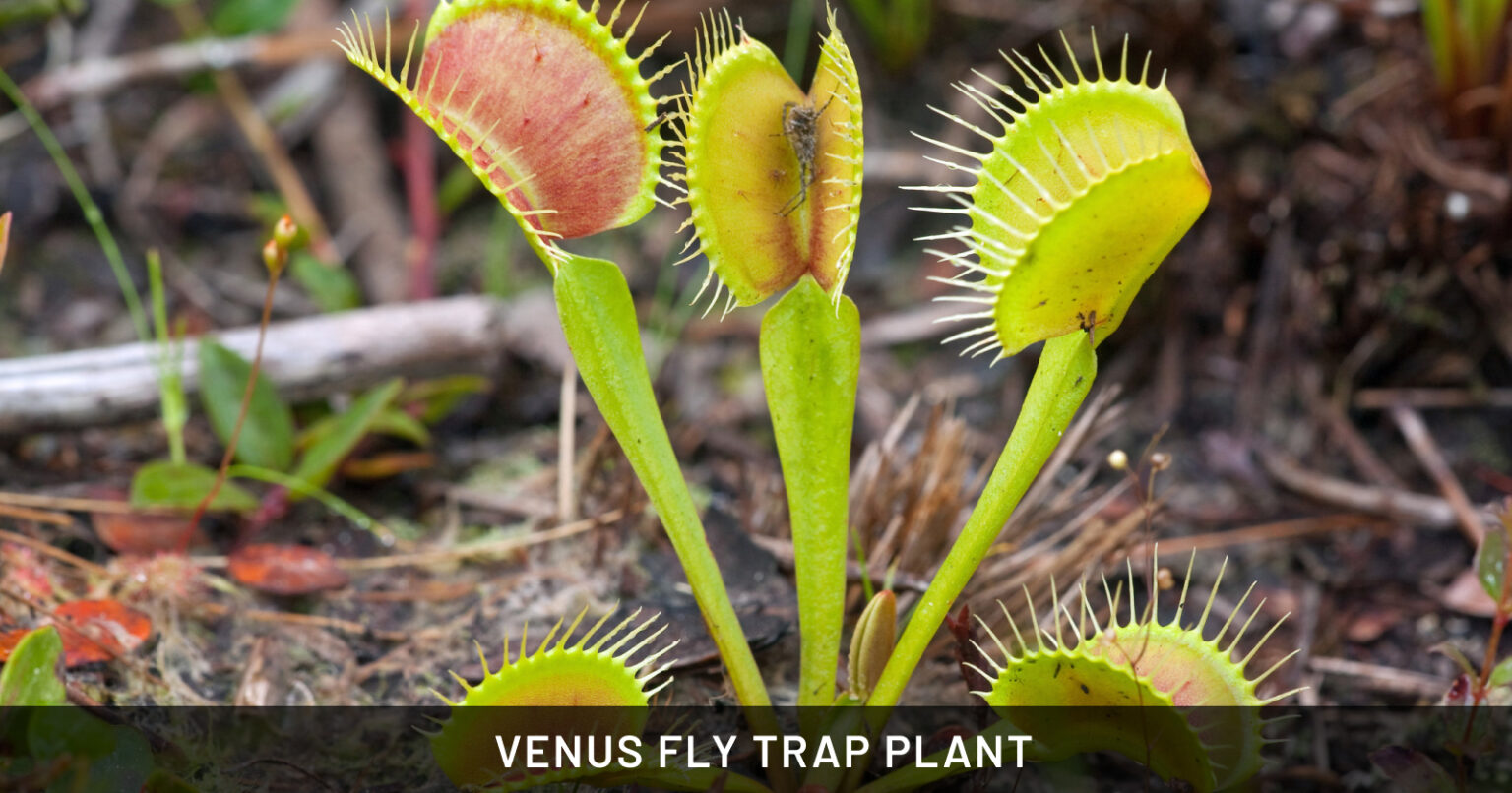The Venus Fly Trap, Dionaea muscipula, is a fascinating and iconic carnivorous plant that captivates with its unique bug-catching mechanism. Native to the subtropical wetlands of the East Coast of the United States, this small plant is renowned for its hinged, jaw-like leaves which snap shut when an unsuspecting insect triggers them.
Growing about 4-6 inches in height, the Venus Fly Trap thrives in moist, acidic soil and requires plenty of sunlight, making it a perfect addition to bright indoor spaces or outdoor bogs. It’s not only a conversation starter but also an educational tool for demonstrating plant adaptations.
For pet owners, the Venus Fly Trap is safe and non-toxic to cats and dogs, ensuring that it can be a worry-free inhabitant of your home. Care involves mimicking its natural environment—keeping the soil damp, providing lots of light, and occasionally feeding it small insects, making it a delightful and low-maintenance pet-friendly plant.
| Characteristic | Detail |
|---|---|
| Common Name | Venus Fly Trap |
| Scientific Name | Dionaea muscipula |
| Family | Droseraceae |
| Origin | Subtropical wetlands of North and South Carolina, USA |
| Type | Perennial, carnivorous |
| Height | Typically 4-6 inches |
| Width | 3-5 inches |
| Leaf Color | Green with inner red on the traps |
| Leaf Shape | Hinged lobes with hair-like projections |
| Trap Mechanism | Snap trap, closes when trigger hairs are touched |
| Soil Preference | Acidic, poor in nutrients, moist |
| Sun Exposure | Full sun to partial shade |
| Hardiness Zones | Typically grown indoors; outdoors in USDA zones 8-10 |
| Watering Needs | Consistently moist, distilled or rainwater preferred |
| Maintenance Level | Moderate, specific care requirements |
| Toxicity | Non-toxic to cats and dogs |
How to Grow and Care for Venus Fly Trap
FAQs
Are Venus fly trap plants toxic to dogs?
No.
Are Venus fly trap plants toxic to cats?
No.
